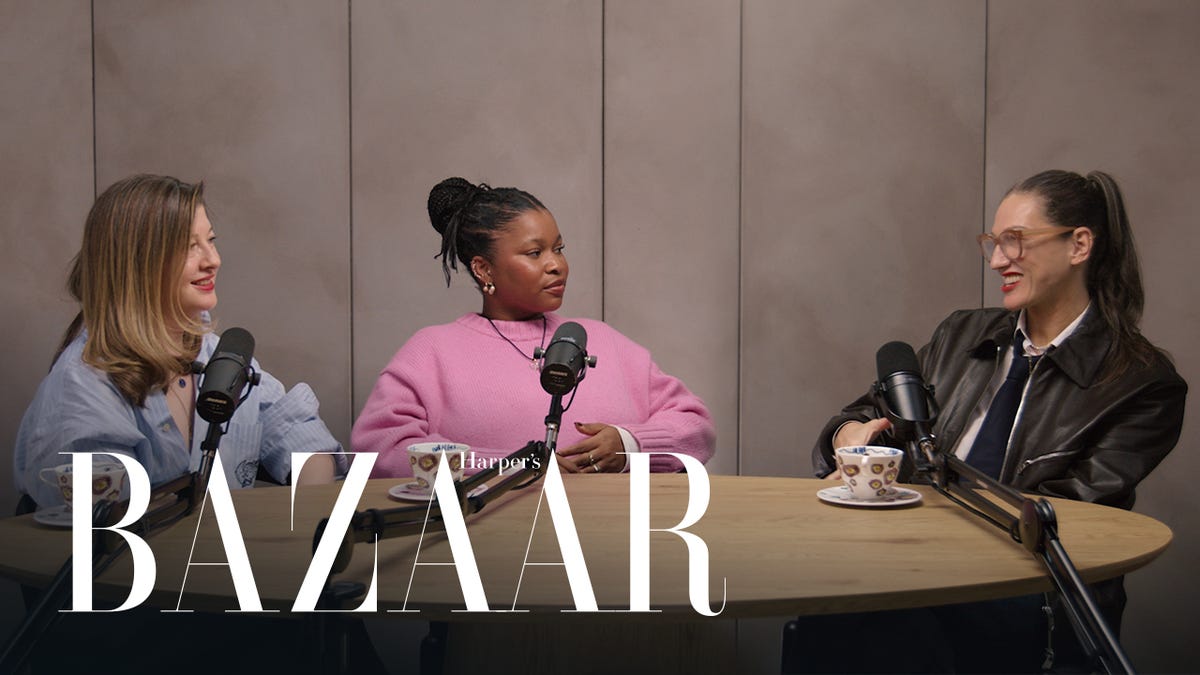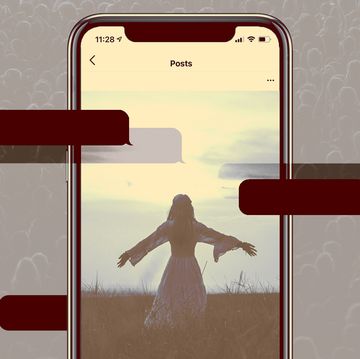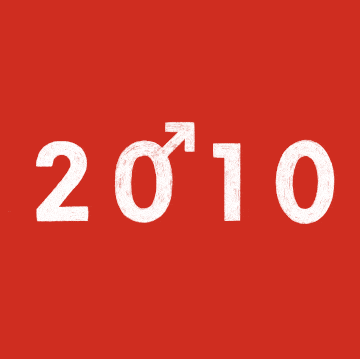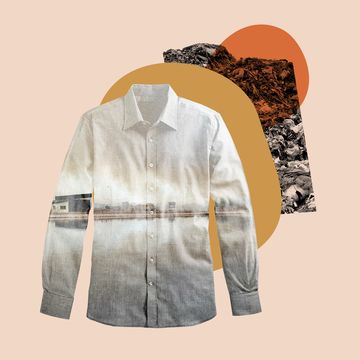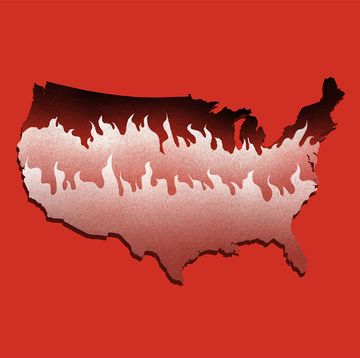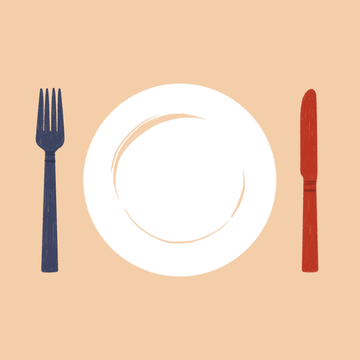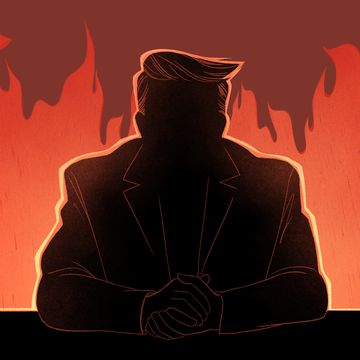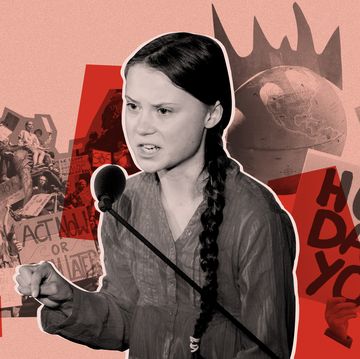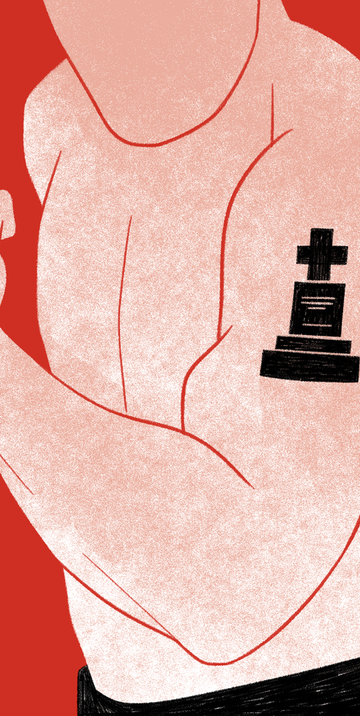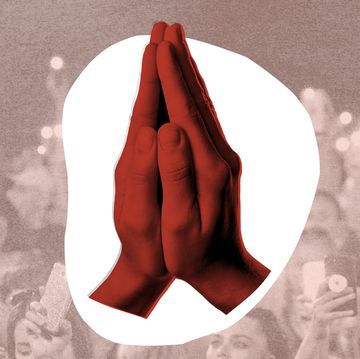Civilization is burning. In Louisiana, three black churches were set ablaze in a hate crime. In Brazil, Bolsanaro has pledged to gut the rainforest—“the trees and underbrush cut down are simply burned”—which will create catastrophic climate changes. We're already seeing this in California, where this summer, 85 people died in the worst fire in state history. And then, there’s the Notre Dame Cathedral.
When Notre Dame burnt, there were countless visuals and literary reminders that might have sprung to mind. When a building has stood for over 850 years, it has had ample time to work itself into the public imagination: Some probably thought of Victor Hugo’s descriptions from The Hunchback of Notre Dame, or their own visits to the site. For myself, I kept thinking of Kenneth Clark’s opening monologue in his 1969 TV series, where he stands before Notre Dame and asks, “What is civilization … I can’t define it in abstract terms, but I think I can recognize it when I see it.” The camera then pans up to Notre Dame, and Clark says, “I’m looking at it now.”
And it went up in flames. Not due to deliberate sabotage, despite the best efforts of the of right wing conspiracy theorists to paint it as such, but because of carelessness and neglect.
This feels like a cruel metaphor for what is happening in our world right now.
Ken Clark also talks in that opening monologue about how tenuous civilization is. “Barbarians overran the Roman empire” he explains, and we only reemerged “by the skin of our teeth.” Civilization, he stresses, “by which man shows itself to be an intelligent, creative, orderly, and compassionate animal” can and did fall, and this can happen again.
I am well aware how White Nationalists read that statement. Indeed, talk of barbarians and Rome and Western Civilization is a sort of dogwhistle to them. That is in spite of the fact that the “barbarians” Clark describes were the Visigoths, who hailed from Northern Germany, identified as Christian, and are thought by some scholars to have been known for their blonde hair. Well, their blonde hair, and what Gibbons described as “licentious fury.” There are many moments in the lengthy fall of the Roman Empire that you can credit with its destruction (I personally favor ascribing its downfall to the Antonine Plague). But one moment in particular which St. Ambrose described as “the end of all humanity, the end of the world,” was the Goth victory over the Roman Empire in 378, which ended when they burnt a village, and, with it, Emperor Valens.
All of this laid way for the sack of Rome, during which, according to Gibbons invaders, “[set] fire the adjacent houses to guide their march and to distract the attention of the citizens; the flames, which encountered no obstacle in the disorder of the night, consumed many private and public buildings; and the ruins of the palace of Sallust remained, in the age of Justinian, a stately monument of the Gothic conflagration.”
This ushered what Middle Age historian William Manchester described as “a world lit only by fire,” where, “in the year 1500, after a thousand years of neglect, the roads built by the Romans were still the best on the continent.”
I do not think of the people of the new age who have embraced racism, or fascism, or tribalism as the civilized Romans, much though they would like to think of themselves as such. I think they are the barbarians. And not only are they inside the gates, they are sitting in the White House.
Civilization is not merely a building, not even one as beautiful as Notre Dame. What we mean when we talk about civilization is not just the fruits of labor, but the capacity to join together as individuals in labor for the whole. Whether we are talking about Notre Dame or your local library, each is the result of communal cooperation. They are built of brick and mortar, but also of a belief that we can work together to create beautiful things that might be enjoyed by everyone, whether they are weak or strong, rich or poor.
To do so requires the belief, that, at least to some small extent, what is good for one might be good for all. Perhaps that belief stems in no small part from the imagination that enabled people to see that any one of us might be rendered poor or ill or weak from a stroke of misfortune. That is the belief that has powered every park, museum, library, school, public hospital, botanic garden, and everything else that you might find worthwhile in society. Hell, it is the belief that has powered public garbage pick-up and paved roads, without which we might find it considerably harder to enjoy anything at all.
That is a belief that seems so deeply diminished now. It is heartbreaking and infuriating to read that people would see libraries done away with in favor of Amazon stores. Cultural commenters on the right seem to find the idea of anyone reading laughable to begin with. It is infuriating to watch a woman with 10 (10!) yachts declare that we need not fund the Special Olympics. Schools across England have begun trimming the length of their school week because budget cuts have made it impossible to pay for teachers. We’re not doing much better in America, where massive budget cuts to teachers have increased class sizes and left teachers wondering, for instance, “how am I going to teach 80 kids art on a $200 budget?” For the third year in a row, President Trump’s budget proposes cutting funding for the arts, libraries and public television.
To paraphrase Winston Churchill—a man Trump claims to admire—if education, science, and art are all being done away with to erect a ludicrous wall, I cannot imagine what such a wall is meant to defend.
As for religion, well, perhaps religion once inspired people to think about the collective rather than themselves by following in the example of Jesus. But, right now, some people seem to think that Jesus is inferior to Donald Trump, which is about as close to literally worshipping a golden calf as I can imagine.
In our age, calling yourself a Christian increasingly means, as writer Alexandra Petri put it, using the Bible as “a book of increasingly mean excuses for refusing to bake someone a wedding cake.”
This is so enraging—and so frightening—because this attitude marks a return to the prevailing values of the Dark Ages hastened in by the Goths, in which the strong did what they would, and the weak suffered.
There are those who will say that civilization wasn’t all that great—and it is, inarguably, imperfect. Very bad things have transpired on paved roads. But we’ve seen what lies on the other side of civilization when it’s burnt to the ground. It is centuries of plague, and fear, and hunger, and waste.
If the Dark Ages in Europe—or as they’re more properly called, the Middle Ages—were defined by anything, it was a sense of tribalism and absolute fear of outsiders. It was an era in which, as a review in Manchester’s book remarks accurately, “tolerance was seen as treachery.” People did not venture outside the walls of their homeland unless it was to fight. They built moats, they built walls, they feared anyone and anything beyond those walls.
They didn’t read about the outside world either. Over 90 percent of the population was comprised of peasants, and perhaps 5 percent of the total population was literate. Religious superstition and a malleable view of Christianity (which mostly just enabled a continuing terror of any outsiders) reigned, despite the fact that the lower classes of priests were also illiterate, and therefore could not read the Bible. This made them particularly useless when it came to combatting diseases. “Cures” for the prevalent Middle Age disease, the black plague, ranged from eating your emeralds (if you had emeralds) to drinking your own urine (everyone had urine). Nostradamus, who is still credited with witchcraft in large part because his methods proved helpful during outbreaks of plague, was merely a man who read enough of Galen, the first century Greek physician, to understand that bathing and not sleeping in sheets people had died in was helpful. When intellectuals did emerge—like Copernicus, in the vey late Middle Ages, who claimed that earth revolved around the sun—they were dismissed, persecuted, or, at best, ignored.
It is not so different, really, from an era where the idea of reading books is treated as laughable, and we’ve appointed a leader who is proud of not reading anything. A majority of Republicans now view higher education as “bad for America” as if a less-informed populous were a superior one. The Bible is used as a tool to increase the fear of outsiders, rather than as a guidebook pointing us towards kindness. Border walls are being frantically built not just here but around the world. Knowledge from experts is dismissed as propaganda from elites and either derided or ignored.
“But this is not the Middle Ages,” you might say. “Even if we do revive all the values of that period, it won’t be that bad.”
No, it’ll be worse, because climate change is already here. You will not be able to live off the land in your own walled-in, tiny community. At the very least, there will be substantially less land suitable to live off. Already, climate change is causing famine across the globe. If we wish to survive this, if we wish to retain civilization, with its myriad achievements, then we should be looking outward. Climate change is a global catastrophe. We should be thinking now about how to care for the masses that are starving, and will soon be fleeing their countries. Because that will, and already is, beginning to happen.
The end of the Dark Ages—the Renaissance you might romanticize—was marked by an “age of exploration” beginning in the 15th Century. During that time, people once again began looking outward. They traveled to establish trading routes and exchange knowledge with their neighbors. The artistic achievements of the Renaissance stem from a return to reading the works and studying the styles of the Greeks and Romans. In short, people got out of their tiny communities, both mentally and physically.
We need to do that, and we need to do it soon. Continuing down this path, all I can see are a bunch of ever-smaller fenced-in enclaves mounted with machine guns mowing down anyone desperate to survive. Eventually, the people desperate to survive will be us, and we will be treated exactly as we have treated others.
We won’t be a world lit only by fire. We’ll be burnt to ash, all of us.


